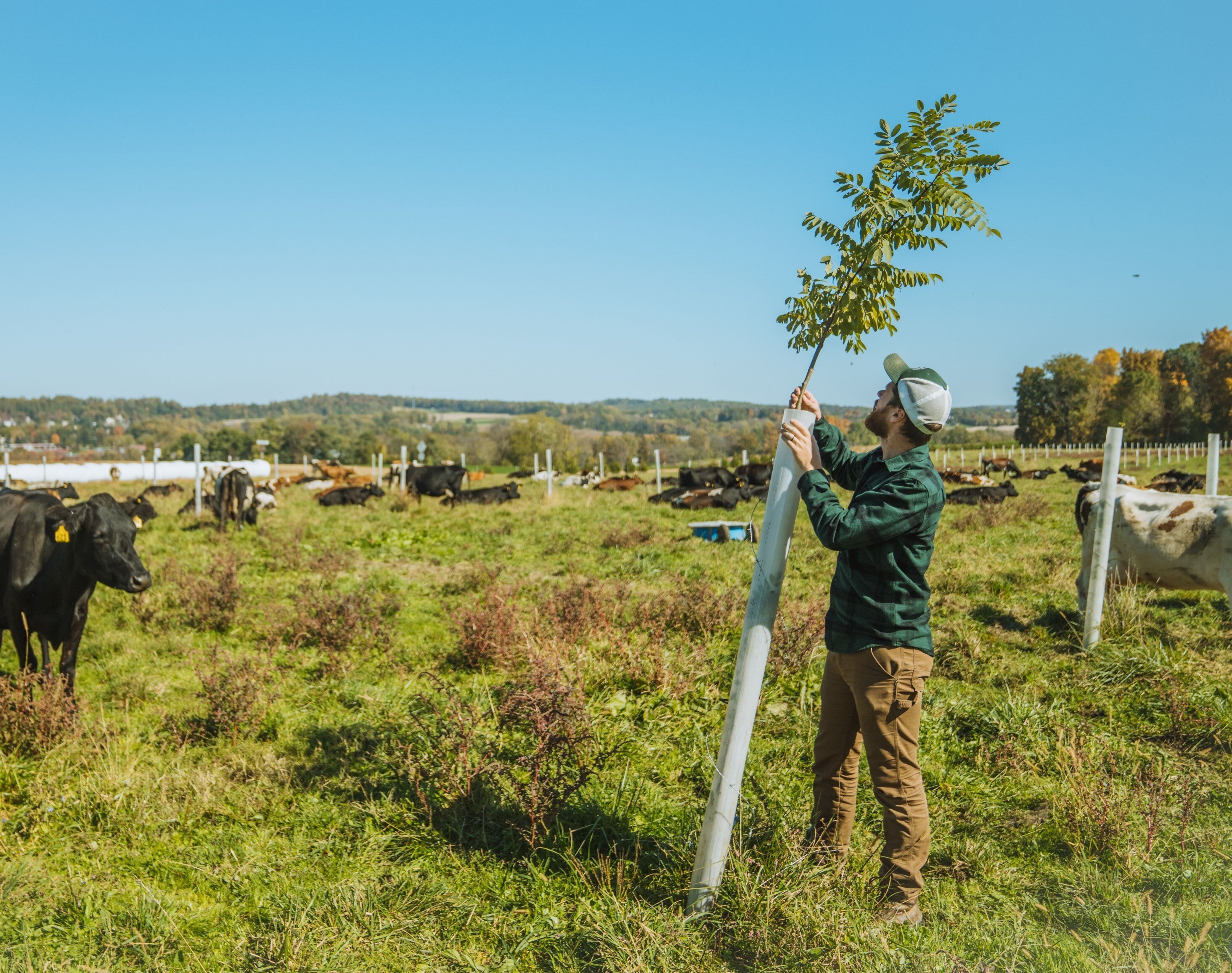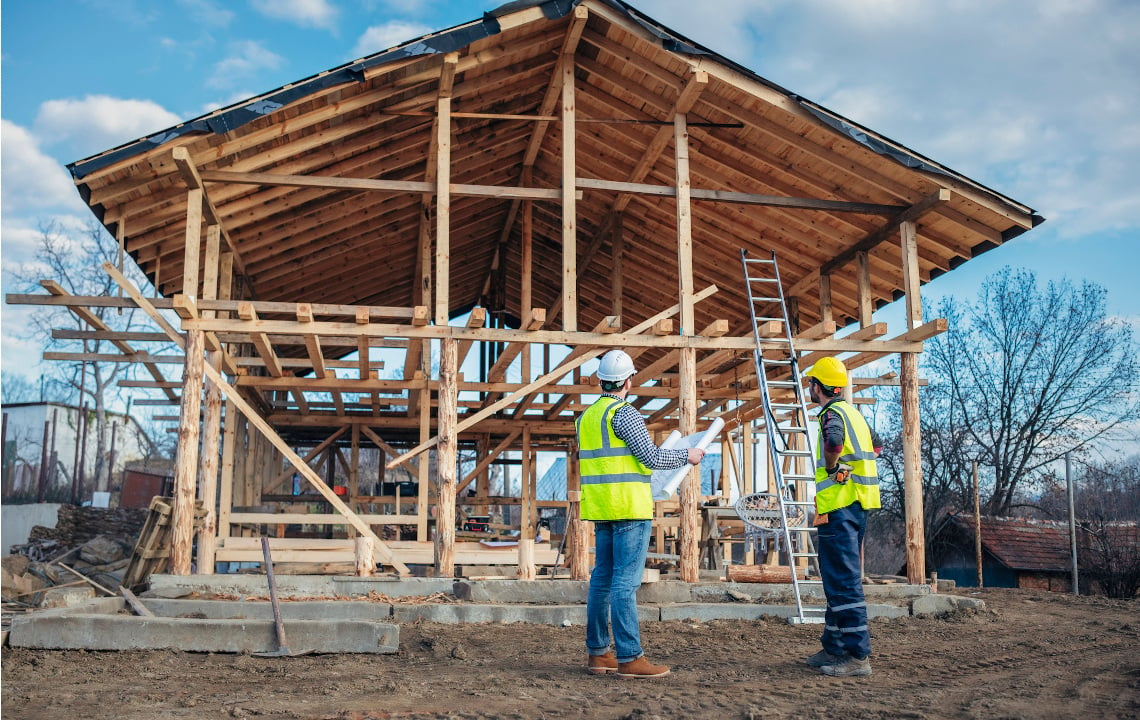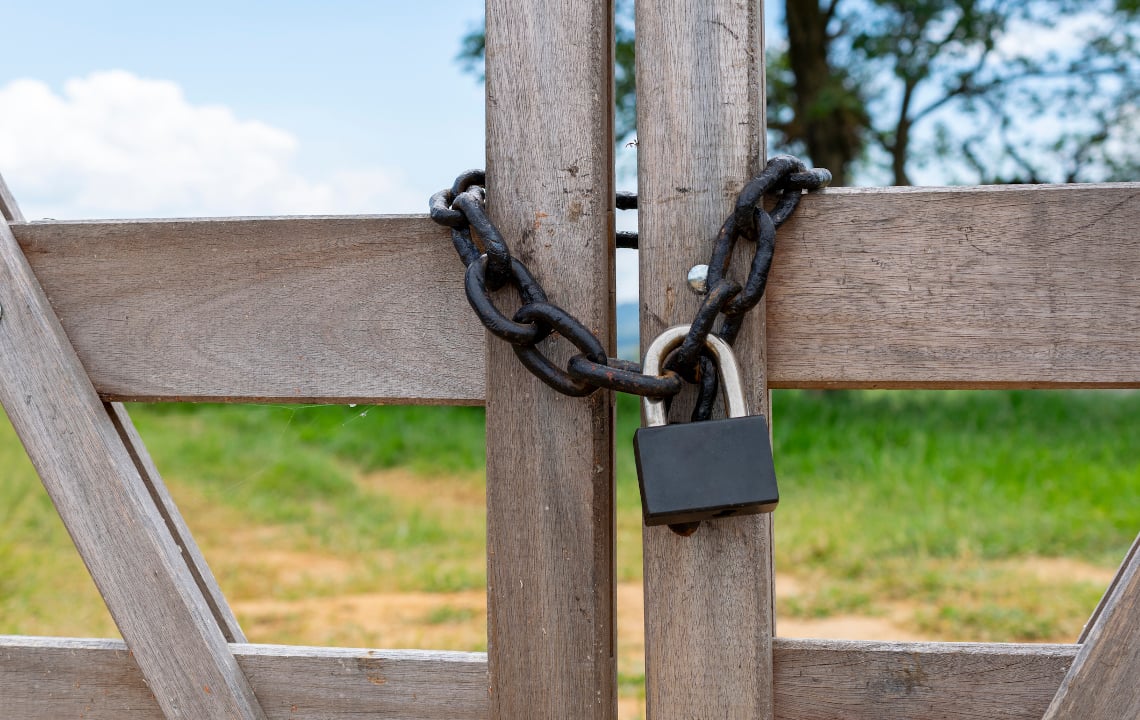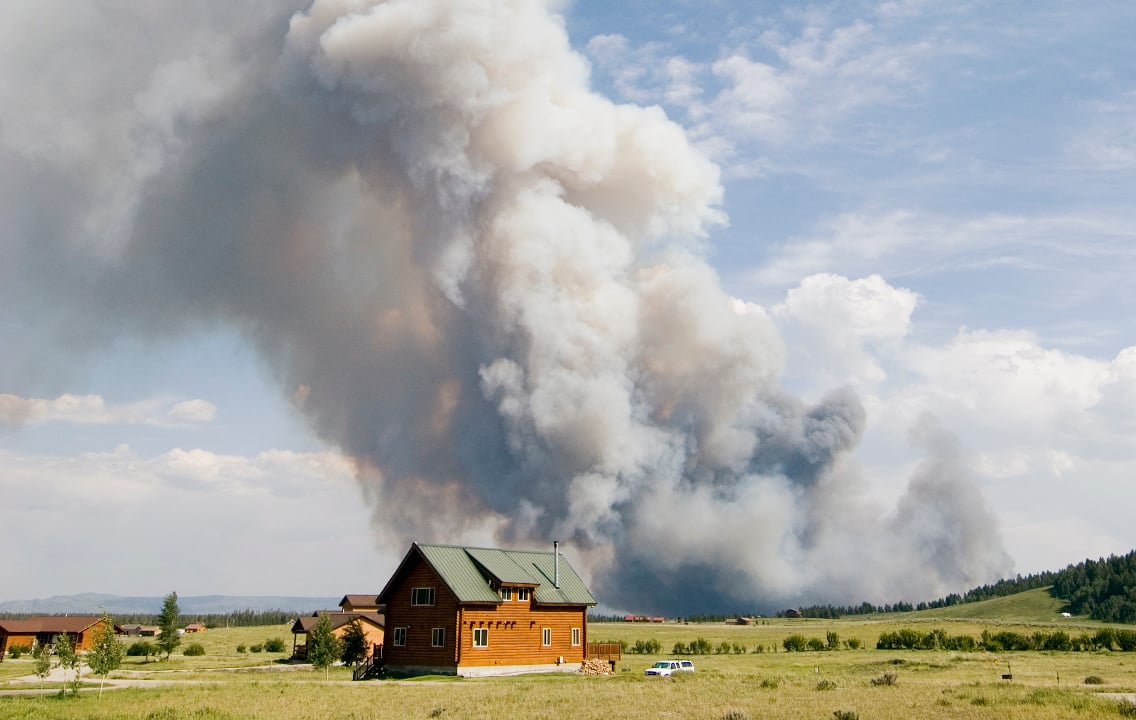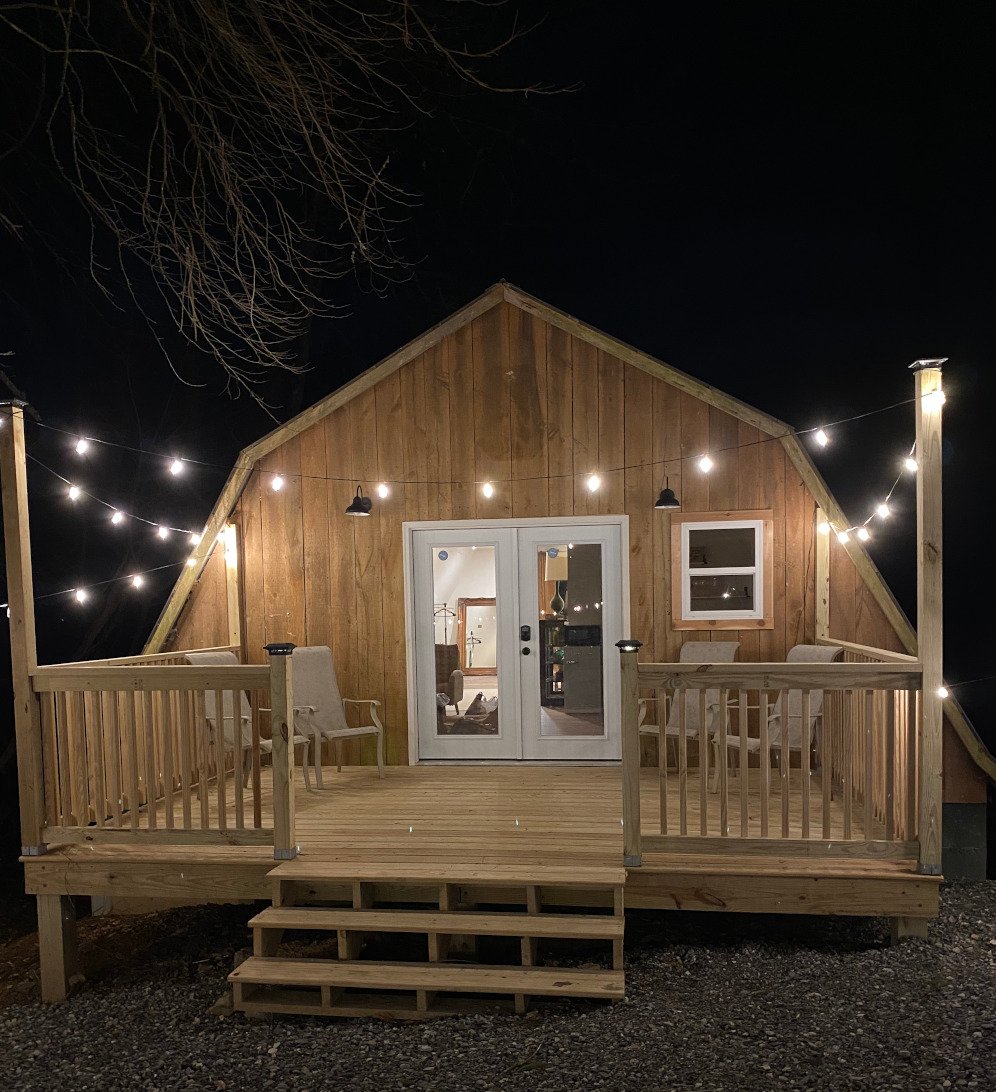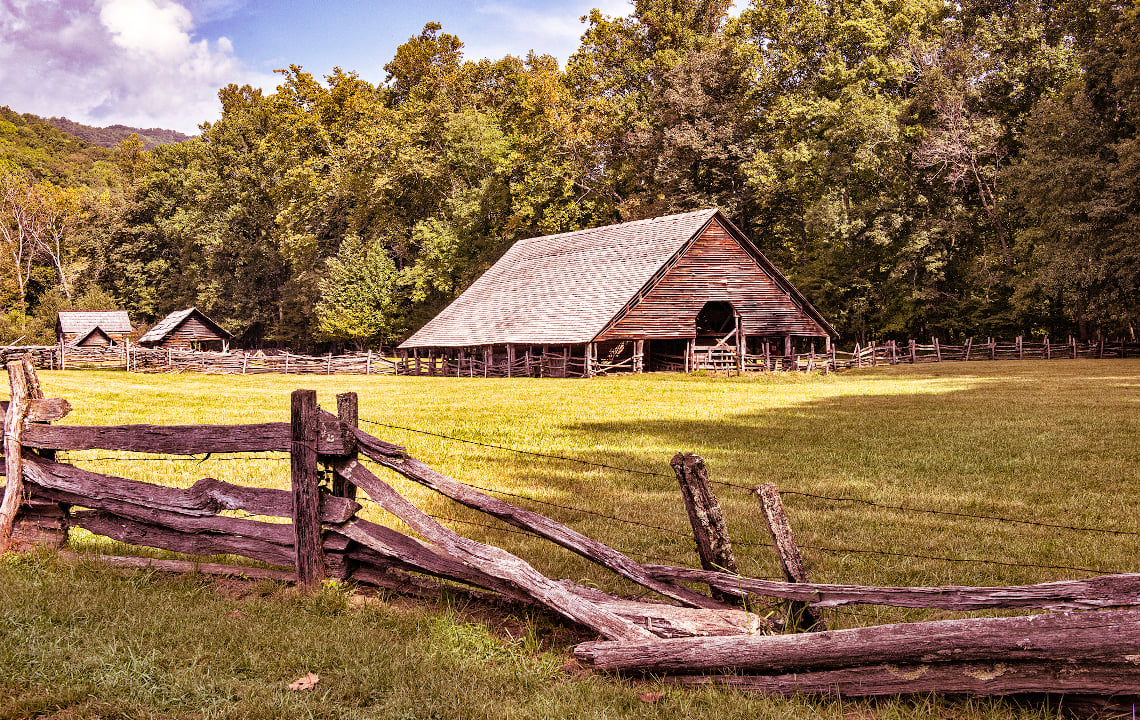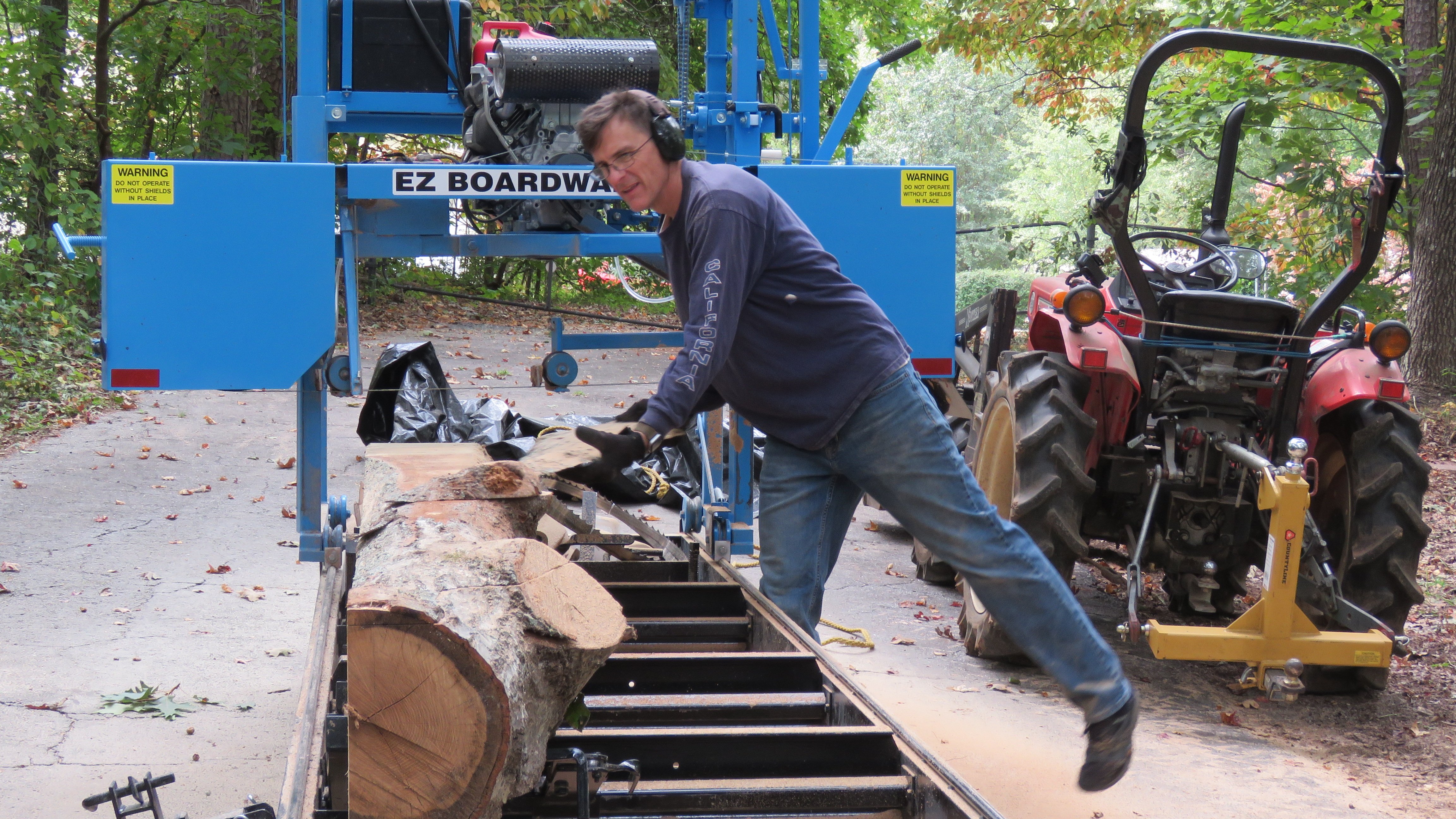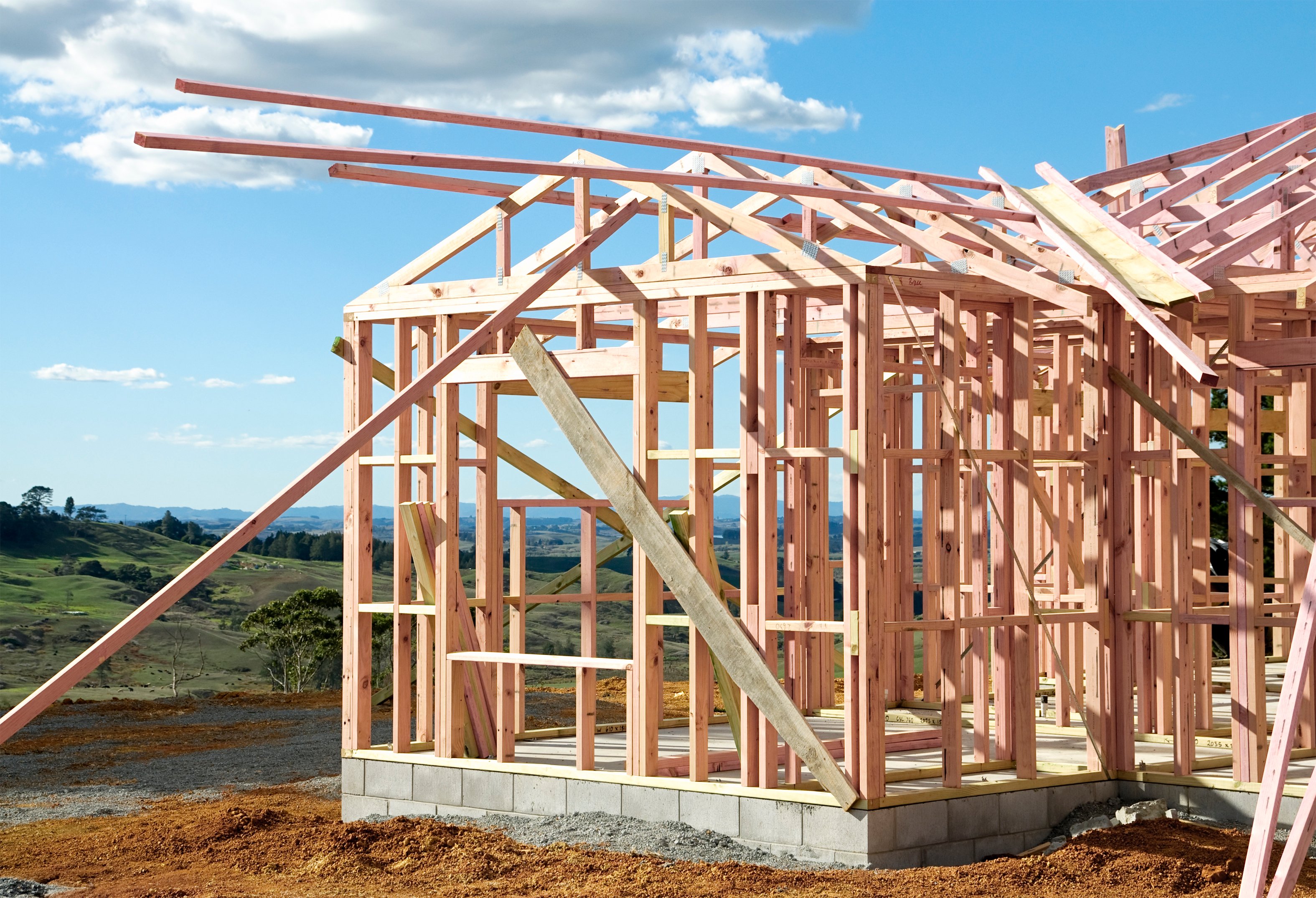The post-offer due diligence period can be as crucial as the search itself. We asked two land specialists for their tips on how to ensure your land is actually buildable before closing the deal.
Homesteading dreams can quickly turn to nightmares if you discover you can’t build your dream home on the land you love—and now own. We asked Dave Milton, president and broker of Southeast Land Group in Dadeville, Alabama, and Nathan Morrow, land specialist for the Louisiana-based Morrow Land Group, for their best tips for conducting due diligence before you sign on the dotted line.
What is Due Diligence?
There are a number of steps you should go through on the front end of your land search, but the due diligence that comes after making an offer is just as important. Your post-offer due diligence can include everything from an appraisal to a percolation test to a trip to the courthouse to conduct a title search.
Milton’s number one tip is to work with an experienced team. That could include your broker (with whom you’ve worked to find the land and make an offer) as well as a builder or contractor with extensive experience building on rural land. Bring your builder along to walk the land as you describe your vision for new construction.

“A lot of times a builder has dealt with this [and] can help you think about the issues of where your home site is,” he says. “Sometimes you just don’t know what you don’t know. It’s good to have people to help you.”
How Long Should due diligence Take?
The short answer is, it varies.
“It really depends on the breadth of the issues … [or] the number of potential issues,” says Milton. “I’ve got a piece of property, the road’s in, my home site’s high and dry on top of a hill, it’s in a rural county where there’s not much zoning. In that situation you may have a week or two of due diligence. There may be another scenario of a property way off of a county road, where I might have easement issues to work with, road construction issues to work with, clearing issues, a perc test, zoning. It just really depends. It could be anywhere from a week or two, up to 30 or 45 days.”
Check Your Perc First
If your land doesn’t come with an installed septic system, in nearly every case you will need a percolation test or "perc test" to determine the rate at which your soil can absorb water. If your land fails the perc test — meaning the soil percolation rate is too fast or too slow — the vast majority of counties will not allow for a home to be built on the property.
Issues with Access
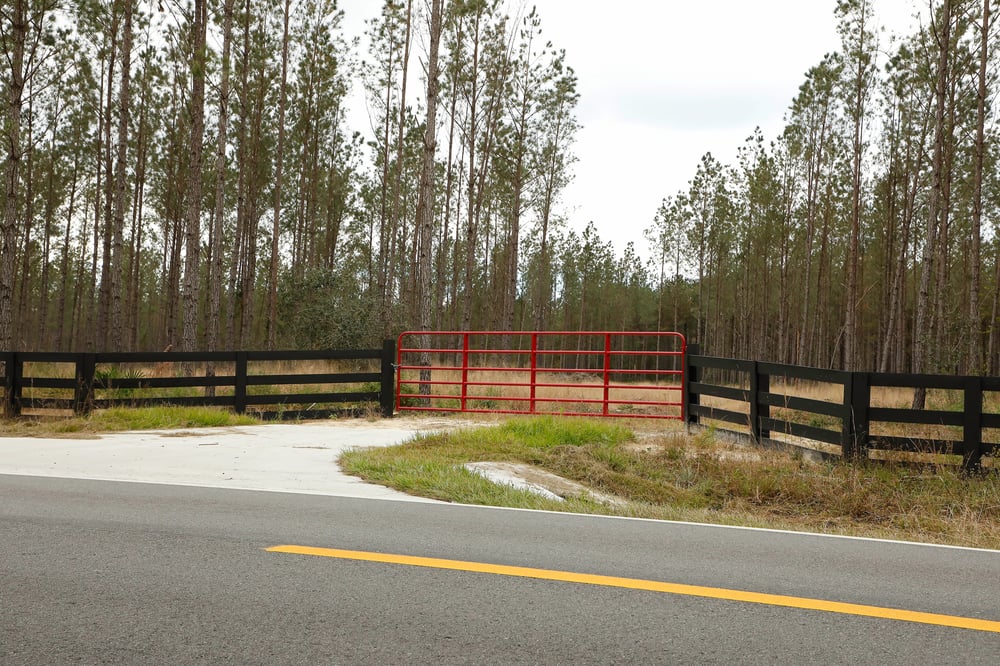
Another possible hindrance to building the homestead of your dreams is road access. If you can’t get to the build site, you can’t build on it let alone liver there comfortably.
“Road frontage is always a plus, obviously,” says Milton. “You need access, and a piece of property is more valuable if the property fronts county road.”
If you’ve found a tucked away site and need to create your own access road, you’ll need an easement with roadway through an adjoining property.
Part of your due diligence process should be inspecting the path into your property to ensure there aren’t major obstructions to building an access road.
“Is there a real swampy, low, boggy place that I have to get across? A mountain that I have to get across? Something that’s difficult and going to be prohibitive?” asks Milton.
Watch for Water Problems
Flooding can be an issue in many rural land areas. Milton notes that the federal government has redone flood maps in recent years, and for the most part the new maps increased floodable area.
“If you’re up on a high hill and it’s rather arid, and the creek’s 100 feet below, you probably don’t need to worry about your flood map,” he says. “If it’s in Florida, if it’s in South Alabama, South Georgia, where it’s relatively flat country with a lot of swamp land, a lot of bottom land, yeah you want to study the flood maps. Again, that would be something that you would deal with in a due diligence period at the beginning of your contract to make sure that was suitable for your home site.”
Easements and Encumbrances
While most restrictions on usability issues will come out early in the land buying process, it’s never a bad idea to double check any easements and encumbrances that could make a portion of the land unusable.
Morrow sells land in rural Louisiana where a handful of timber companies own a good portion of rural timber land.
“You might be buying a 20-acre piece that is on the road, but it might be [owned by] timber company on the back side,” says Morrow. “Does that timber company have access across this property? Do they have a deeded access to go back there and cut timber or access the property in any way? You don’t want to build a house then next thing you know there’s a bulldozer pushing timber across your property.”

Especially with smaller tracts Milton also strongly recommends a survey of the property.
“The smaller the tract as a whole, you want to make sure you’ve got a good survey,” he says. “You understand the line and the encroachments, and the other encumbrances.”
A good survey can uncover anything from a neighbor’s outbuilding that’s lopping over the property line or reveal that the spot you envisioned for your home isn’t actually fully on your piece of land.
Know Your Ordinances
The number of city or county ordinances and building restriction varies greatly by state and even by county. Some locations tightly control where and what you can build, others are more lenient. A general rule of thumb: the more rural the area is, the less restrictive it’s going to be. But that doesn’t mean that you can ignore questions of zoning just because you’re in the heart of the boondocks.
“A lot of southern states, the county will actually have zoning types,” says Milton. “This area might be a commercial area, or it might be an area that’s restricted if somebody wants to put in a mobile home.”
Things like mineral rights also vary by state.
“Some states it’s really easy to find out whether you’ve got the mineral rights or not,” he says. “Sometimes it’s not an issue, sometimes it is, and then a lot of times it’s site specific, depending on whether you’re in a minerals area where there’s a lot of mining going on or not.”
Be optimistic
In most cases due diligence isn’t going to uncover any huge surprises or deal breakers for land buyers who have been careful upfront — especially those working with qualified land brokers. Plus, Milton notes, “most people don’t want to sell somebody a pig in a poke, so to speak. We all want to have a win, win situation.”
If issues do arise, most often they were unknown to the seller as well. Most of the time things can be overcome and you move on with the sale. If not, and you have to let the tract go and keep looking, that’s what the due diligence process is for. Of course, even with careful due diligence you can’t mitigate everything. That’s what insurance is for, says Milton.
So, go into the due diligence process with an experienced broker and builder by your side and enjoy dreaming about your new homestead.




